Exercise & Fitness
Blocked Arteries is a Silent Killer, Beware!
Blocked arteries, a very dangerous condition is a silent killer; I’m referring to atherosclerosis, which is the build-up of fatty deposits in the arteries that leads to clogging. The causes of blocked arteries, their hazards, symptoms, tests, and therapy are all discussed on this page. Is there any way to naturally cure or avoid this silent killer?
Arteries are blood veins that transport oxygen-rich blood throughout the body. They reach both your brain and the tips of your toes. The inner walls of healthy arteries are smooth, and blood flows freely through them. However, some people get blocked arteries. A deposit of a material called plaque on the inner walls of the arteries causes clogged arteries.
Arterial plaque can restrict blood flow or completely stop it in some cases. Heart attacks, strokes, and even mortality are all increased by clogged arteries. Because of these risks, it is critical to understand the causes of arterial plaque and treatment techniques to avoid significant consequences, regardless of age.
What produces plaque in the arteries?
Plaque is made up of numerous chemicals that circulate in your blood and build upon the inner walls of your arteries. Calcium, fat, cholesterol, and fibrin, a blood clotting ingredient, are among them. Cells in your artery walls proliferate and emit extra compounds in reaction to plaque formation, which can worsen the condition of clogged arteries.
Atherosclerosis is a disorder that develops when plaque deposits expand. The arteries narrow and stiffen as a result of this disorder.
Although specialists aren’t sure what causes atherosclerosis, it appears to be caused by damage to the artery wall’s lining. This damage, which allows plaque to form, can be caused by:
- A high level of “bad” cholesterol and a low level of “good” cholesterol. High levels of “bad” cholesterol, also known as low-density lipoprotein (LDL), play a crucial role in the formation of arterial plaque. However, that isn’t the complete tale. Everyone’s blood contains “good” cholesterol, commonly known as high-density lipoprotein (HDL). HDL is thought to transfer part of the harmful cholesterol from plaque in clogged arteries back to the liver, where it is excreted.
- Hypertension (high blood pressure). Having high blood pressure accelerates the formation of arterial plaque. It also hastens the hardening of arteries that have become blocked.
- Smoke from cigarettes. The rate of atherosclerosis in the arteries of the heart, legs, and the aorta — the body’s biggest artery — appears to be higher in smokers.
- Diabetes, or high blood sugar levels, is another key factor. Even patients with elevated glucose but not yet diabetes, such as those with metabolic syndrome, are at a higher risk of plaque formation.
- Family history, stress, a sedentary lifestyle, and obesity are all risk factors. It’s crucial to know your family’s history.
Plaque usually begins to form throughout childhood or adolescence. Then, in middle age or later, clogged arteries appear.
What are the dangers of blocked arteries and arterial plaque?
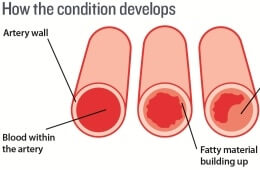
It is dependent on the location of arterial plaque accumulation. Multiple medical disorders can be caused by clogged arteries in various regions of the body, including:
- Coronary artery disease is a condition in which the blood vessels in the heart become narrowed. Coronary artery disease, often known as heart disease, occurs when plaque builds up in the arteries that deliver blood to the heart. Chest pain and shortness of breath are symptoms of coronary artery disease. This disorder is the greatest cause of death in the United States, and it can lead to heart attacks.
- Carotid artery disease: The carotid arteries are two arteries that go up the sides of your neck.
They are responsible for supplying oxygen to your brain.
Stroke can occur when arterial plaque builds up in the carotid arteries. - Peripheral artery disease: Plaque can restrict the quantity of oxygen delivered to your legs if it builds up in the blood vessels that supply blood to them. In your legs and feet, the restricted blood supply might produce pain, numbness, or a dangerous infection.
Are there any symptoms associated with blocked arteries?
Clogged arteries often do not show any symptoms until a catastrophic event happens, such as a heart attack or stroke. At other times, especially when the artery is blocked by 70% or more, arterial plaque buildup can induce symptoms such as:
- Pain in the chest
- Breathing problems
- Palpitations in the heart
- Weakness or vertigo
- Nausea
- Sweating
Explanation
Chest pain, often known as angina, is caused by a reduction in blood flow to the heart. Plaque in the arteries leading to the heart is to blame for the diminished blood flow. Transient ischemic attacks, or TIAs, are stroke precursors caused by blocked arteries in carotid artery disease. The following are the signs and symptoms of a TIA:
- Weakness or numbness on one side of the body
- Inability to move an arm or a leg
- Loss of eyesight on one side exclusively
- Slurring of speech
In peripheral arterial disease, clogged arteries can lead to:
- Leg pain
- Injuries to the feet that take longer to heal
- Cold feet
- Gangrene
Tests to see if you have blocked arteries
Yes. Blocked arteries test is available in a variety of forms. Based on your symptoms and medical history, your doctor will decide which tests to order. The following tests may be performed:
- Screening for cholesterol
- X-ray of the chest
- CT scan
- MRI or PET scanning
- Ultrasound
- Echocardiogram and/or cardiac stress test
- Electrocardiogram
- Angiogram
Treatment for blocked arteries or arterial plaque
Blocked arteries can be prevented and treated in a variety of ways. Your doctor’s recommendations for reducing arterial plaque and preventing blocked arteries will be based on the severity of your condition as well as your medical history.
Changes in your way of life
A healthy lifestyle is critical for the treatment of blocked arteries and the management of arterial plaque. This includes the following:
- Consuming a low-fat, low-suga diet
- Adhering to a healthy body weight
- Quitting smoking
- Exercising on a daily basis
- Keeping stress in control
- Maintaining a healthy blood pressure and cholesterol level
- Keeping blood sugar levels low
Procedures that are surgical or interventional in nature.
Surgery may be required in some cases to clear blocked arteries and prevent further plaque deposition. The following procedures may be used:
- The insertion of a stent. To ensure appropriate blood flow, a tiny tube called a stent can be put in an artery and may contain medication. A catheter is utilized to reach the heart through the leg artery, and a stent is placed in the blockage area through the catheter.
- Bypass surgery is a procedure that involves the removal of a portion of the blockage. This procedure involves moving arteries from different sections of the body to bypass congested arteries and assist oxygen-rich blood in reaching its destination.
- Angioplasty with a balloon. This method helps to open partially or completely blocked arteries by using a device that pushes plaque to the artery’s side walls.
Medications for blocked arteries
A number of drugs may be used to assist manage some of the elements that contribute to arterial plaque formation. These are some of them:
- Drugs that reduce cholesterol
- Medications that reduce blood pressure
- Aspirin and other blood-thinning medications can help prevent serious blood clots from forming.
Conclusion
We’ve had a look at a very important topic, that we most times overlook. If we are to beat this menace of blocked arteries, then the steps given in this article should be followed to the letter. Also, whenever in doubt, your doctor is your sure source of help, since they know our medical history.
-
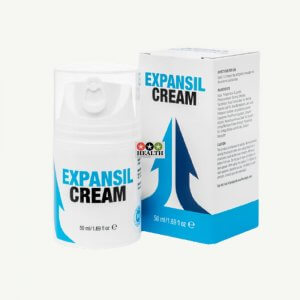 Expansil Cream$59.00
Expansil Cream$59.00 -
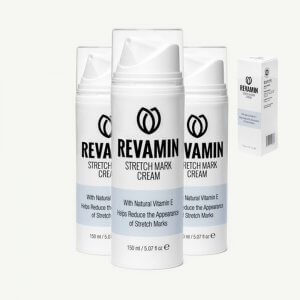 Revamin Stretch Mark$69.00
Revamin Stretch Mark$69.00 -
 African Mango Weight Loss$45.00
African Mango Weight Loss$45.00 -
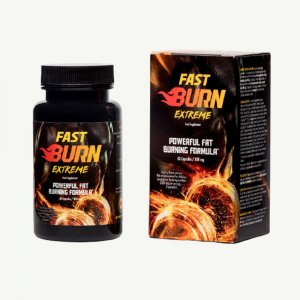 Fast Burn Extreme Weight Loss$59.00
Fast Burn Extreme Weight Loss$59.00 -
Product on sale
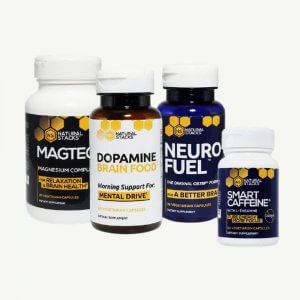 The New Mental Performance StackOriginal price was: $117.95.$88.46Current price is: $88.46.
The New Mental Performance StackOriginal price was: $117.95.$88.46Current price is: $88.46. -
Product on sale
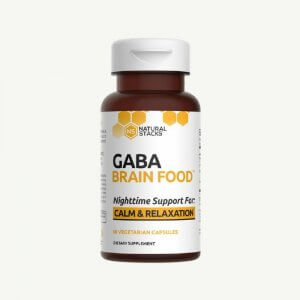 The New GABA Brain FoodOriginal price was: $39.95.$29.96Current price is: $29.96.
The New GABA Brain FoodOriginal price was: $39.95.$29.96Current price is: $29.96. -
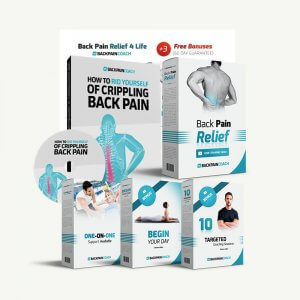 The Back Pain Relief$67.00
The Back Pain Relief$67.00 -
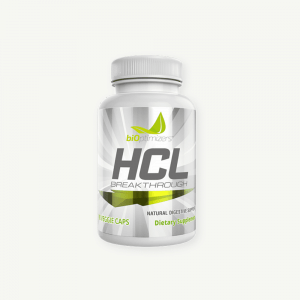 BiOptimizers HCl Breakthrough$29.00
BiOptimizers HCl Breakthrough$29.00 -
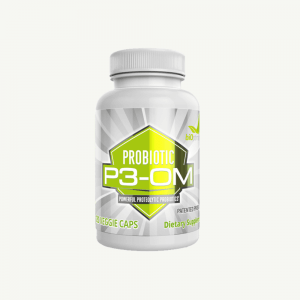 Bioptimizers P3-OM Probiotics$75.00
Bioptimizers P3-OM Probiotics$75.00
Take care!

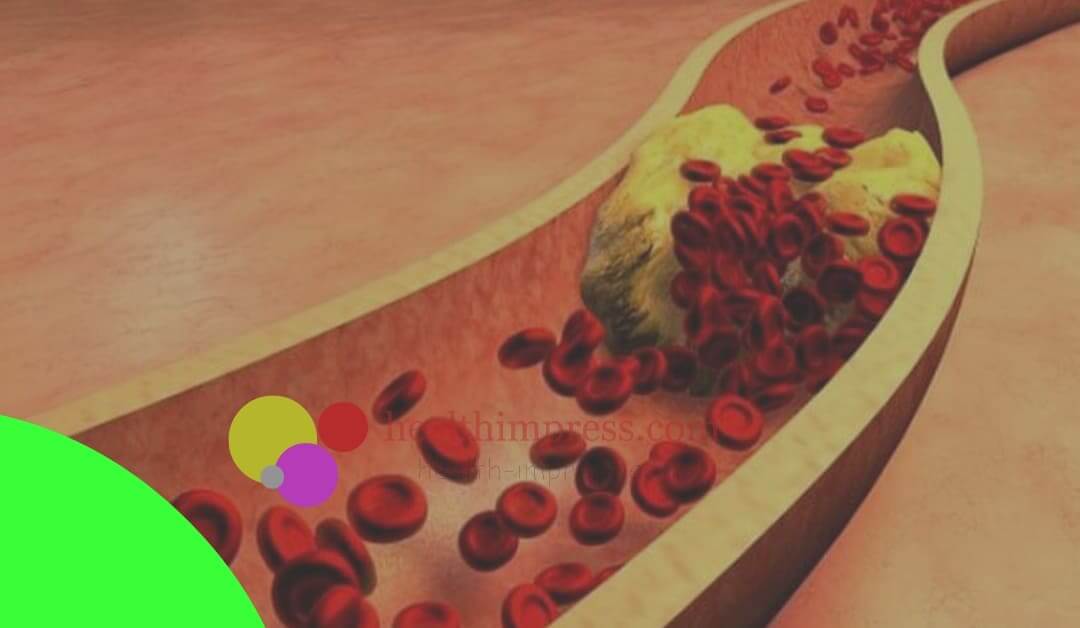

Unbelievably great content. I really love the products under the health and beauty category. Cant wait to place my order since you do 1-3 days delivery. Thats quick man. Keep it up
In-depth article. Thanks for the good work.